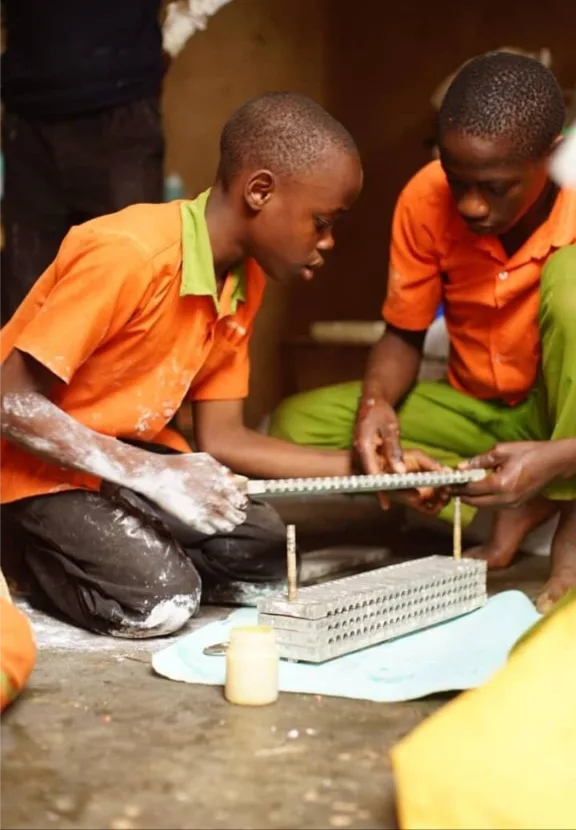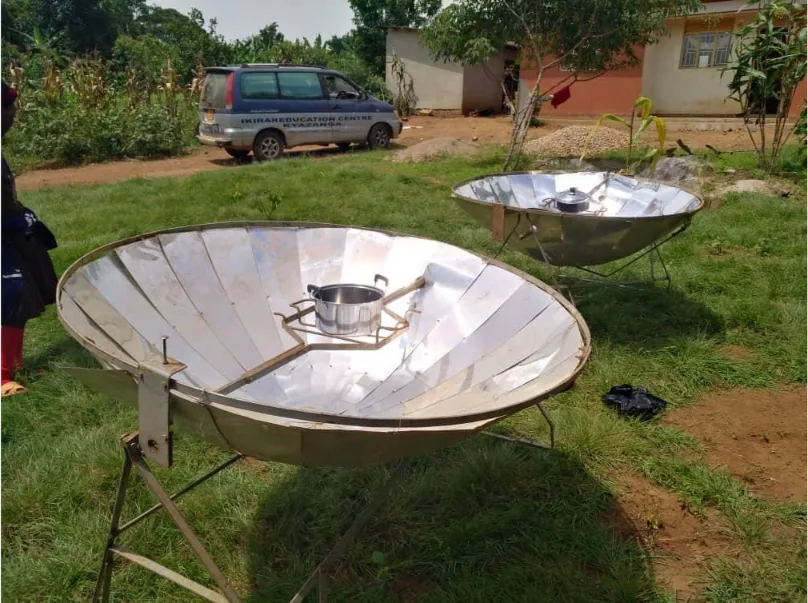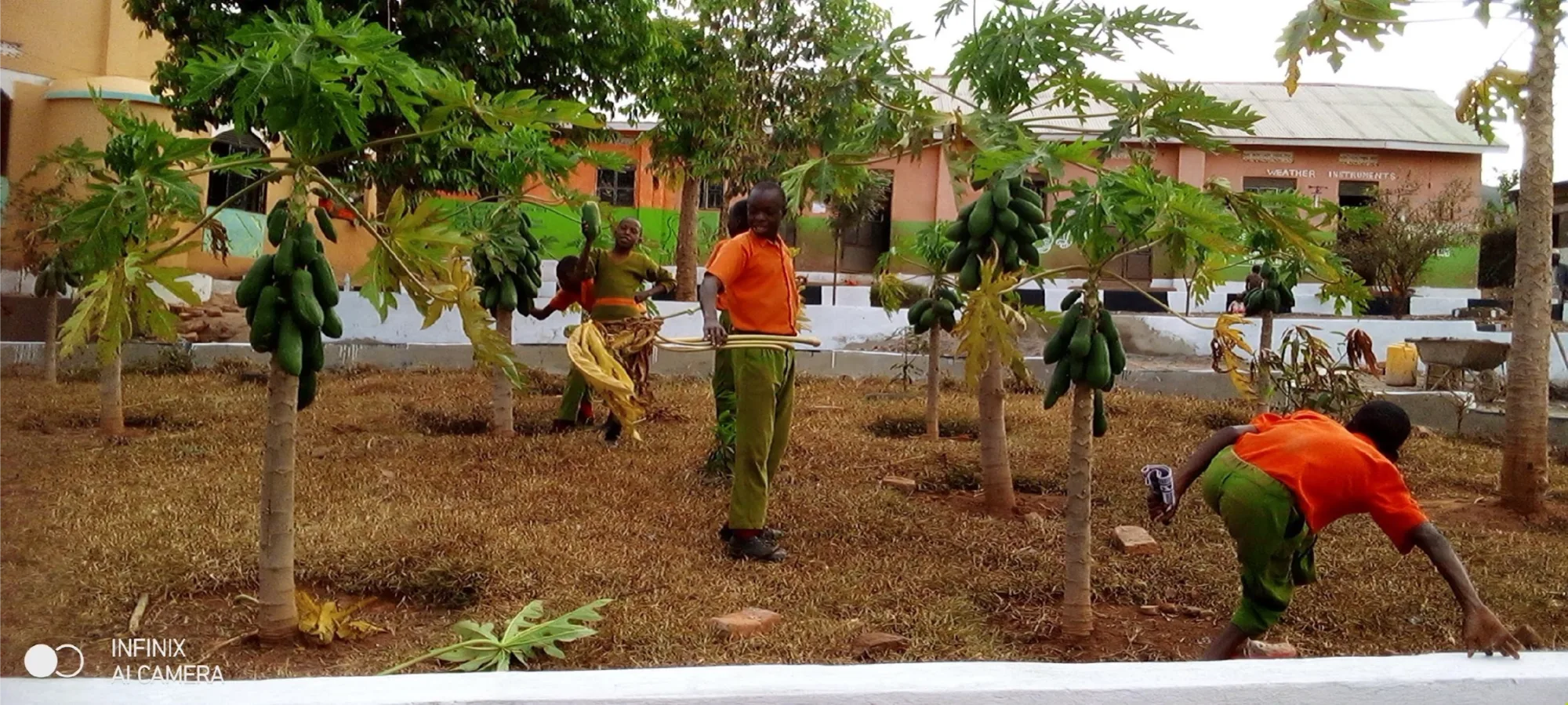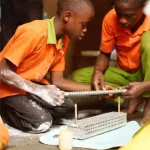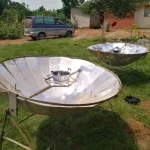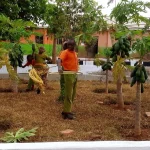Teacher: Hamuza Kabuga
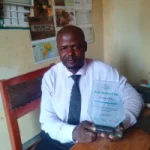
Hamuza Kabuga
Hamuza is the Headteacher at Ikirah Education Center in Bukyanagandi in Southwestern Uganda and has 23 years of teaching experience. He is currently completing a master’s degree in Education Administration and Management. Hamuza was inspired to become a teacher by his older brother who was also a teacher. Since becoming a teacher Hamuza is proud to have enabled many learners to complete their school education by assisting them in the classroom and by making his school a welcoming and successful environment. He has also increased enrolment, improved the school curriculum and implemented a project-based learning approach. Hamuza has completed climate change projects in both Uganda and Germany during his career. He is married with three children.
Usefull links related to the Solution
Overview
Hamuza is the principal of an Education Centre in Bukyanagandi in Southwestern Uganda. The school has a holistic approach to climate change education with various projects running throughout the school. Ensuring that students gain knowledge and skills through the projects that are run is key to Hamuza however he also feels strongly that students should experience hands-on activities as well as intellectual challenges.
Theory of Change
The education centre is at the heart of the local community and the educational response to climate change therefore centres on the issues that the community are facing. The projects chosen by Hamuza and his team tackle issues including deforestation, waste disposal and energy sources used for cooking. By tackling these issues, which are important to the local community, the students’ learning spreads easily to their families and beyond. Many of the projects also have income-generating elements to them which provides an incentive for the skills and knowledge to continue to be used.
Approach and Actions
Students are taught about climate change through an adapted curriculum that centres environmental protection and climate change at its heart and their learning is integrated into co-curricular environmental protection projects. This ensures the students’ education is focused towards sustainable development. Some of the co-curricular environmental protection projects that are being undertaken by the students are; soap and jelly making; paper and bottle recycling, rainwater harvesting from the school building, tree planting on the school grounds and in the community and the generation of biogas and the use of its byproducts such as manure for gardening. Currently, there are 351 students taking part in this holistic learning approach.
Hamuza and the school staff have proactively sought partnerships with political leaders and researchers in the field of environmental protection. These partnerships have resulted in funding, resources and training being made available for the co-curricular projects. One example of a fruitful partnership was with the Ugandan Industrial Research Institute (UIRI) which enhanced the already successful soap manufacturing project by providing machinery and training to make the soap production more environmentally friendly; and by officially certifying the soap, allowing the school to donate soap to the local hospital during the Covid-19 pandemic.
As well as disseminating learning to the local community Hamuza feels it is important to share good practice with other schools. His school is part of the UNESCO Associated Schools Network and through this network, the school is linked to five other schools in the area and with a school in Germany. This enables the schools to share their knowledge about how best to teach climate change education.
Impact
Hamuza feels that the two biggest immediate impacts of the project-based learning approach have been that students have acquired skills that will allow them to take part in sustainable activities and that the school infrastructure has become more climate-focused – the school now has solar panels, tree planting has been successful and water harvesting provides all the domestic water needed to run the school. However, Hamuza also recognises that the education they are providing for the students will have a far greater reach, generations to come will benefit from the students of today having good knowledge of climate change and the skills to sustain themselves in a challenging environment; this will enable the next generation to adapt to new challenges. Hamuza recognises that there is still an issue with many people believing that schools should solely prepare students for academic qualifications rather than taking a holistic approach but the project has so far overcome this obstacle in its own community and is spreading its message across its networks.
